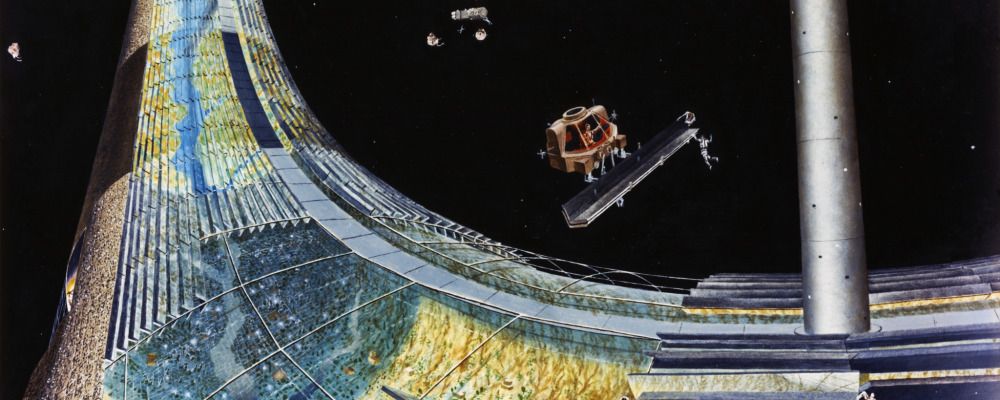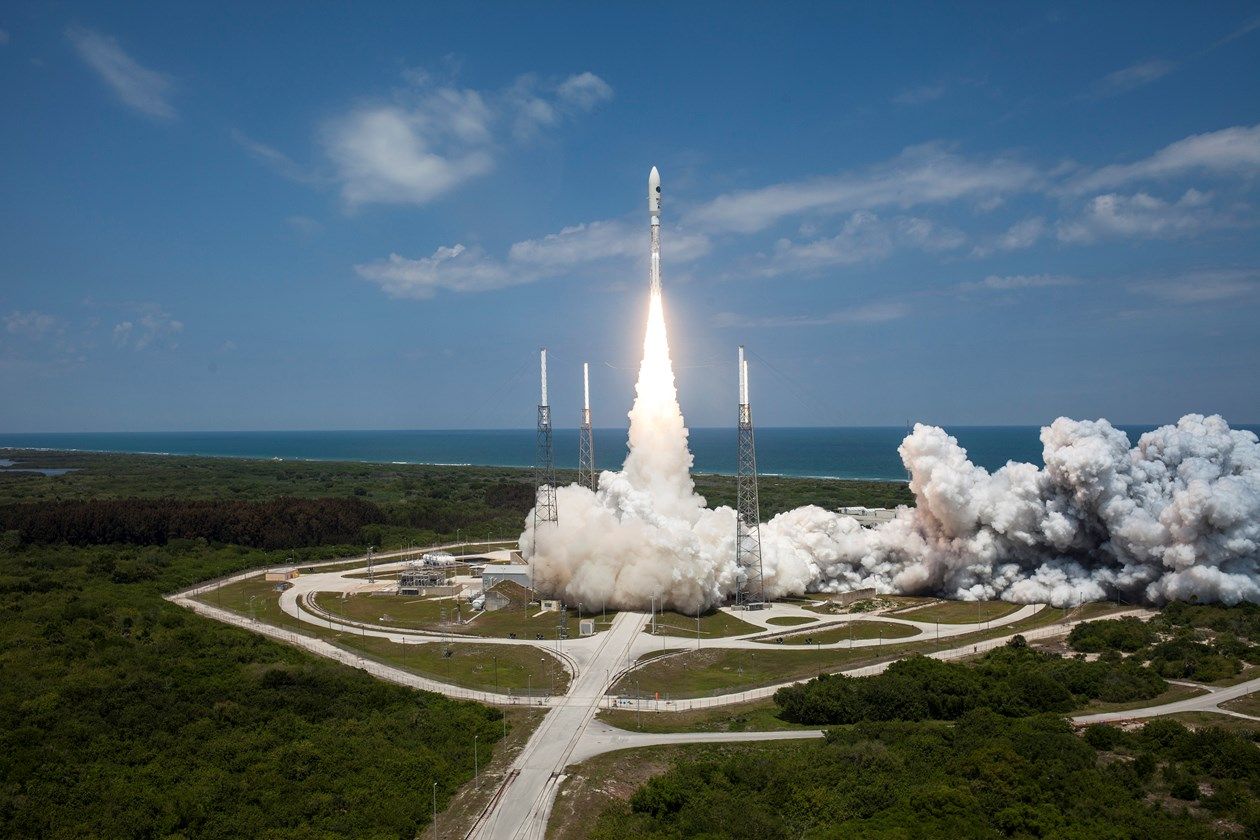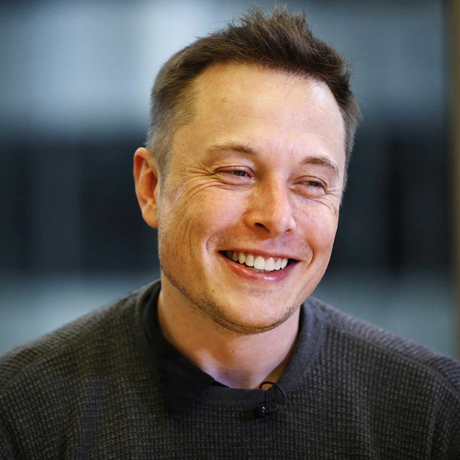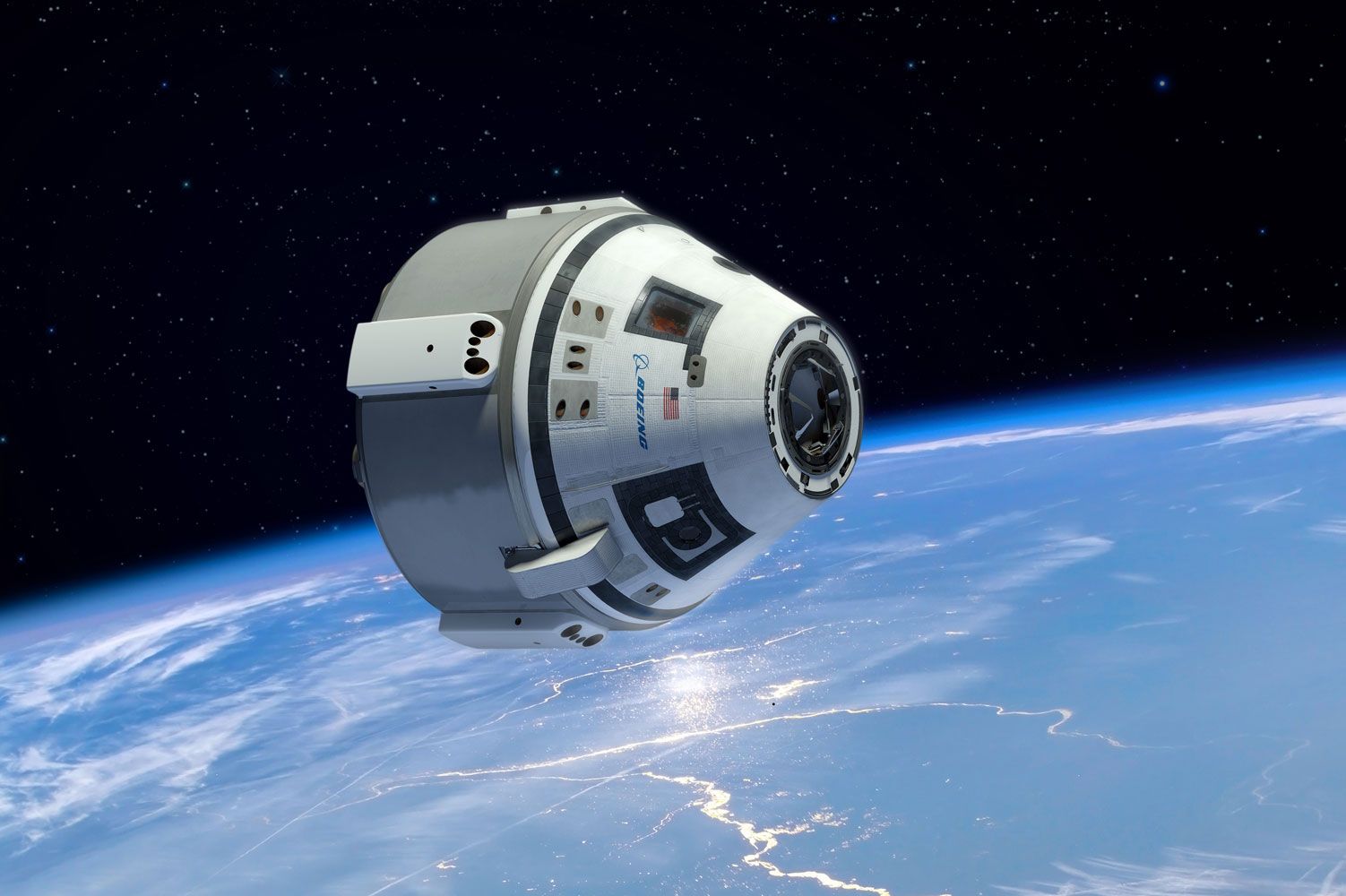Feb 11, 2015
Off-World 3-D Printing Is How Humans Will Colonize Space
Posted by Seb in categories: 3D printing, space, space travel
— Newsweek
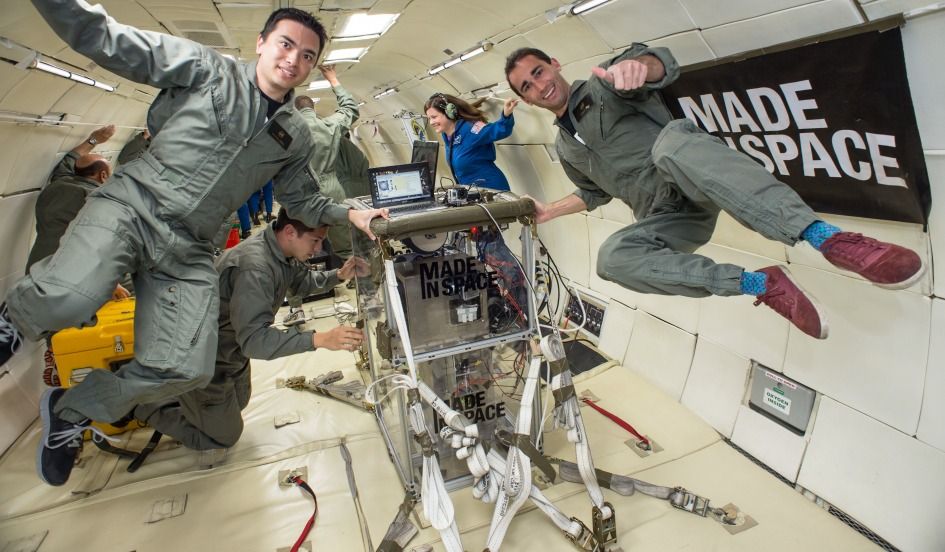
The impact that 3-D printing is having on our world is impossible to ignore. It’s not new technology, but its 30-year history has been characterized by deceptively slow growth —until now. 3-D printing has recently emerged as a force poised to disrupt a significant portion of the $10 trillion global manufacturing industry.
Already, the printing of standard consumer products—bowls, plates, smartphone cases, bottle openers, jewelry and purses (made from mesh)—has gone from a hobby to a nascent industry. Dozens of websites now sell goods made with 3-D printers, and retailers are starting to get in on the action.
